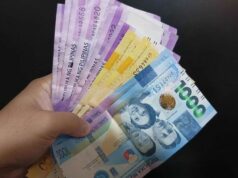Wall Street watchdog sees little need to ramp up banks’ capital

WALL STREET’S new watchdog said he’s generally comfortable with big bank capital levels, signaling he won’t erode earnings by cranking up demands.
Michael Hsu, who this month became acting head of the Office of the Comptroller of the Currency (OCC), said he has no plans to “open it up and do a bunch of surgery” on rules that dictate the amount of capital and liquid assets that lenders must stockpile to protect against losses. Such regulations are crucial to the industry because they determine how much of firms’ profits can be returned to shareholders through dividends and stock buybacks.
Mr. Hsu, who was hand-picked by Treasury Secretary Janet Yellen, is the OCC’s third temporary leader this year. While some of his predecessors have pursued aggressive policy agendas, the former Federal Reserve official said his main focuses will be making sure the agency is doing its job and rethinking some of the actions implemented during the business friendly Trump administration.
“I don’t believe in dilly-dallying, but I do believe in being measured and deliberative,” Hsu said in a Monday interview. “I’m not coming in here and shooting off a bunch of directives.”
The OCC, an independent bureau of the Treasury department, is powerful because it regulates the national banking operations of JPMorgan Chase & Co., Citigroup, Inc. and other lending giants. Hsu’s calculated approach might frustrate progressives, as they’ve been been eager for President Joe Biden to appoint financial watchdogs who will dramatically tighten Wall Street’s leash.
But Mr. Hsu’s stated plans to largely leave capital and liquidity rules intact could also disappoint banks. Their lobbyists have been pushing regulators to dial back Wall Street’s so-called capital surcharge — a capital requirement that only the largest and most complex banks face.
While Mr. Hsu is the first head of a banking regulator installed by the Biden administration, he said he’s not doing its bidding. Mr. Hsu said he’s had no communications with the White House and also hasn’t discussed significant policy issues with Treasury. Still, he said his priorities include combating financial inequality and climate change, goals that are in-line with the administration’s.
Mr. Hsu, who demurred about whether he’d be interested in a permanent OCC appointment, said he’ll behave as if the job is short-term. That means he will focus on the most pressing matters, which include the government’s approach to regulating cryptocurrencies and financial technology firms.
Banking regulators have launched a small “sprint team” to assess how banks should handle digital tokens, Hsu said. The team met for the first time on May 21, he said, and it’s designed to move fast because trading of virtual currencies has exploded during the pandemic.
“There’s no time,” said Mr. Hsu, adding that behaviors that normally would have evolved over several years changed in just one during the global lockdowns.
Mr. Hsu laid out a four-point agenda when he testified last week before the House Financial Services Committee: examine whether banks have grown too complacent about potential hazards, protect the financial system from risks posed by global warming, encourage more lending to underserved communities and respond to the rise of digital finance.
In the interview, he said battling complacency may prompt regulators to revisit a crackdown on Wall Street bonuses, “because it gets to the incentives around risk-taking.” — Bloomberg



